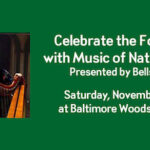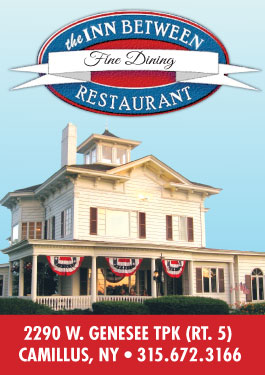Trickle Down History
I just finished reading Reza Aslan’s book “Zealot,” a book in which Aslan recounts what he finds to be historically known about Jesus of Nazareth.
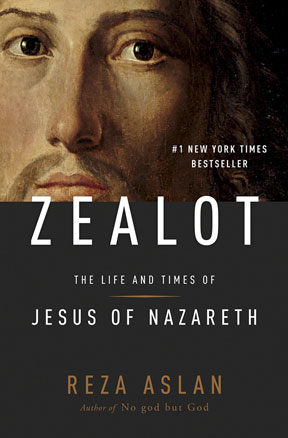
Aslan focuses on the government, taxation, class system and law enforcement that Jesus and other subject people would have endured under Roman occupation. The Romans crucified many people they perceived to be troublemakers. Governmental authority factors into any history. Aslan’s contextualization of Christ’s times rings true to me.
Christchurch New Zealand is named for Christ Church in Oxford England, and, by the time anyone reads this, discussion about the March 15 massacre in Christchurch, may have given way to some other story. Still, I am sadly confident that somewhere, some individual or group is suffering because of labeling, stereotyping and ignorance.
As for Christchurch, soon after 28-year-old Brenton Harrison Tarrant live streamed his slaughter of 50 Muslims attending religious services, New Zealand’s Prime Minister, Jacinda Ardern, announced that, in order to deny him further notoriety, she would not speak Tarrant’s name, and, that New Zealand would outlaw all military style weapons of the type used in the attack. Most media reports applauded PM Ardern’s expressions of solidarity with Muslims, her quick action on gun safety, and her castigation of Facebook for not preventing Tarrant’s filmed violence.
New Zealand’s executive certainly reacted differently than our current executive might have and in noting this, some social media sites I follow featured comments from New Zealanders suggesting “Kiwis,” as some New Zealanders refer to themselves, care about each other followed up responses from U.S. commenters suggesting that Kiwis are lucky not to be “us,” as though “we” are uncaring.
Some of “us” dislike “us.” Who are “we?”
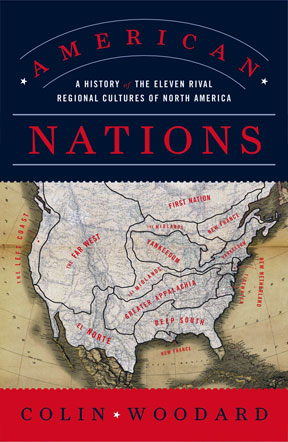 Demography and geography tell a story.
Demography and geography tell a story.
Author Colin Woodard’s book “American Nations,” makes a good case that the United States of America is divided by 11 regional cultures, and “they” in New Zealand may be somewhat similar. New Zealand is home to diverse cultures settled over two big islands. Cosmopolitan Auckland, on the north island, is home to a quarter of the nation’s population. Christchurch, on the southern island, has fewer people and those people have around 89% European ancestry.
Many commenters on social media and th
e New York Times comment pages want to know how PM Jacinda Ardern can so quickly control military style weapons in her nation while we can’t.
The United States is a republic of 50 individual states. (I know that you already know that.) New Zealand’s government is unitary. New Zealand’s citizens elect a new parliamentary government every three years. Each new multi-party parliament is elected proportionally and democratically; there is no electoral college. Like the United States, New Zealand has three branches of government: executive, legislative and judicial.
New Zealand is a constitutional monarchy and part of the British Commonwealth of Nations; Queen Elizabeth II is the official head of New Zealand’s government. The Governor General, currently Dame Patsy Reddy, is the Queen’s representative on site. The Governor General officially dissolves parliament before each election, signs legislation on behalf of the queen, and presides over Waitangi Day celebrations. Waitangi Day commemorates the signing of the 1840 Waitangi Treaty in which 500 Maori chiefs granted Britain sovereignty over New Zealand. I would guess there is a big story behind and following that story.
One of the most emotionally wrenching films I’ve seen is the 1994 “Once Were Warriors,” the story of a Maori family struggling in an urban environment. In New Zealand like here, depression, addiction, and all that follows, are known to disproportionately affect people dislocated from their homelands, languages and traditions.
New Zealand and the U.S. have often limited immigration. 100 years ago, New Zealand heavily favored white British subjects. Even Maori people from other parts of Oceania found themselves unable to travel freely in their ancestral lands. We the people of the U.S. severely limited Chinese
immigration from the late 1800’s to the mid-1900’s. During the same period, New Zealand imposed poll taxes on Chinese immigrants and linked immigration quotas to cargo imports. New Zealand has issued an official apology.
Most of what I’ve read about Prime Minister Ardern’s plans to outlaw certain weapons suggests that New Zealand’s opposing parties agree on gun safety. New Zealand has an estimated 4.89 million people, 1.53 of whom live in Auckland, on 103,483 square miles.
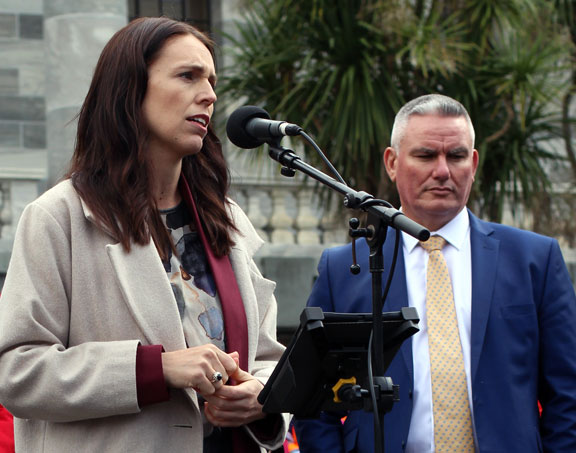
New Zealand’s Prime Minister, Jacinda Ardern.
New York State’s population is roughly 19.38 million people, including 8.66 living in NYC, on 54,556 square miles of land. New York State has some of the strictest gun laws in the United States, and in New York State, New York City’s laws are stricter still.
As of 2018, The United States of America is home to an estimated 327.17 million people living on 3,531,905 square miles of land. In the United States as a whole, many crimes committed with guns are committed with illegal handguns. I don’t know about handguns in New Zealand, but as for us, there is more information on the United States Bureau of Justice website than I could reasonably summarize here.
Rhode Island has 1.06 million people on 1,212 square miles. The 2019 estimated population of the State of Wyoming is 568,125 people on 97,181 square miles of land and Wyoming’s 568,125 people have the same senate representation respectively, as do New York’s 19.38 million people and Rhode Island’s 1.06 million people. There are 47 more states with populations larger than Wyoming’s.
Us/them comparisons are often skewed. Wikipedia, for instance, lists a POW camp riot and a couple invasions under “mass killings in New Zealand.” For our much larger nation, the USA, Wikipedia lists not “mass killings” but rather, “mass shootings.” The “mass shootings” list omits the nearly 3000 deaths caused on 9/11 by killers armed with airplane tickets and utility knives.
Scientists like Steven Pinker suggest the world is less violent than before. It is, still violent. We share similarities. We are different. And, we have differences.
Good luck to us all.






